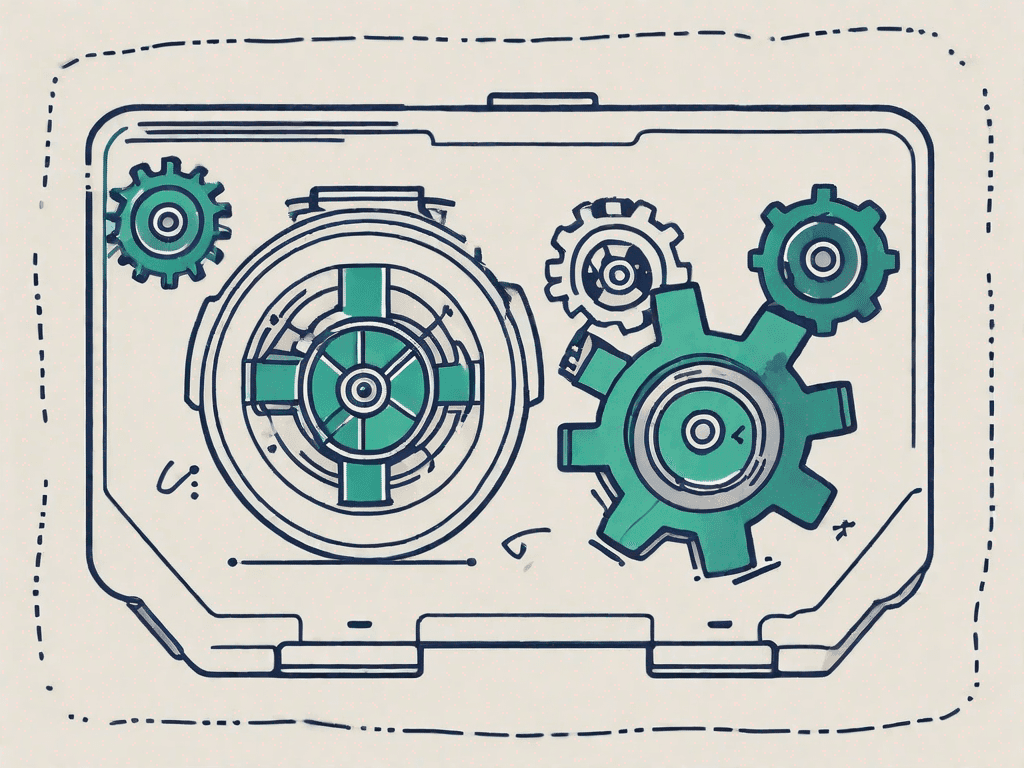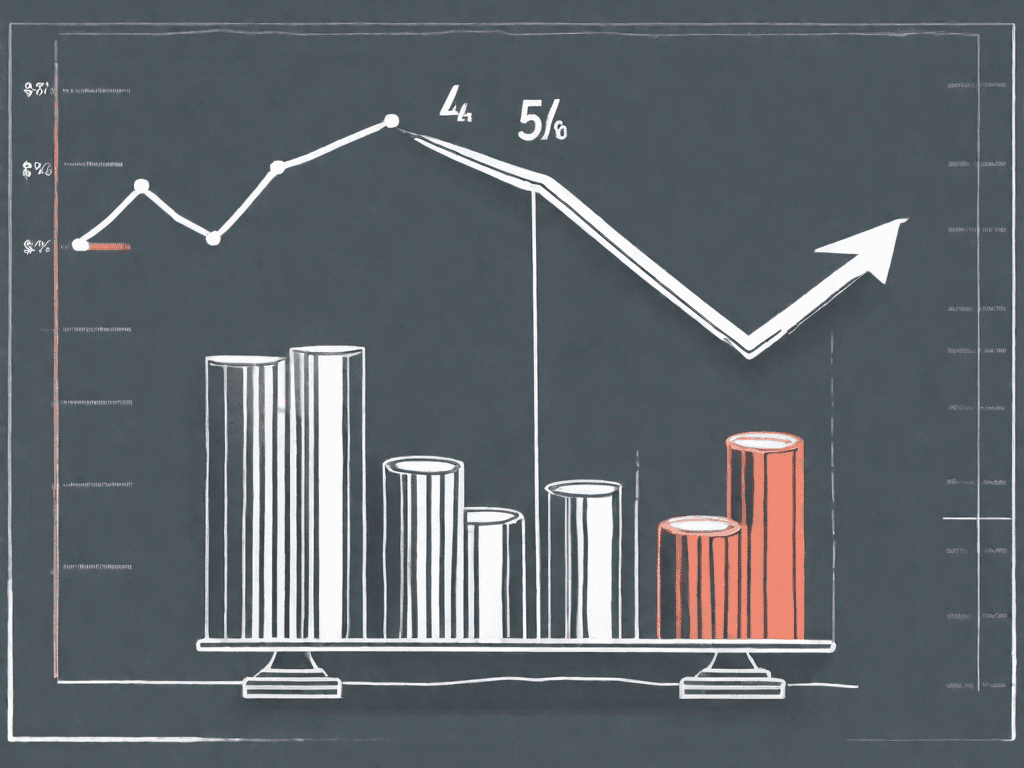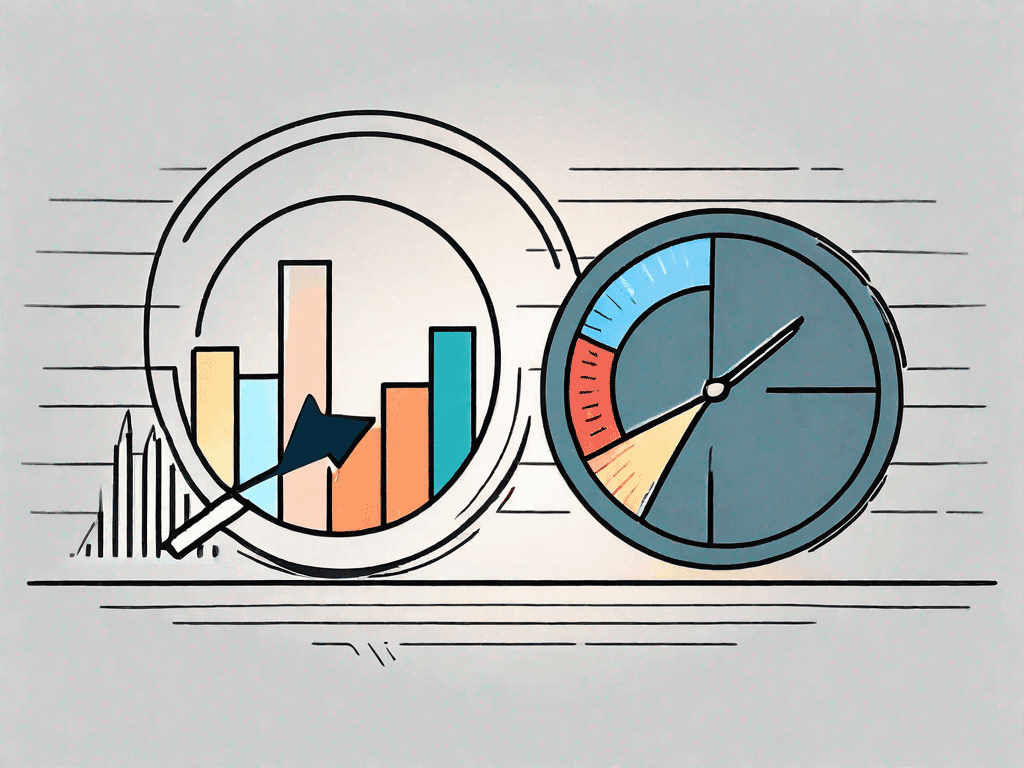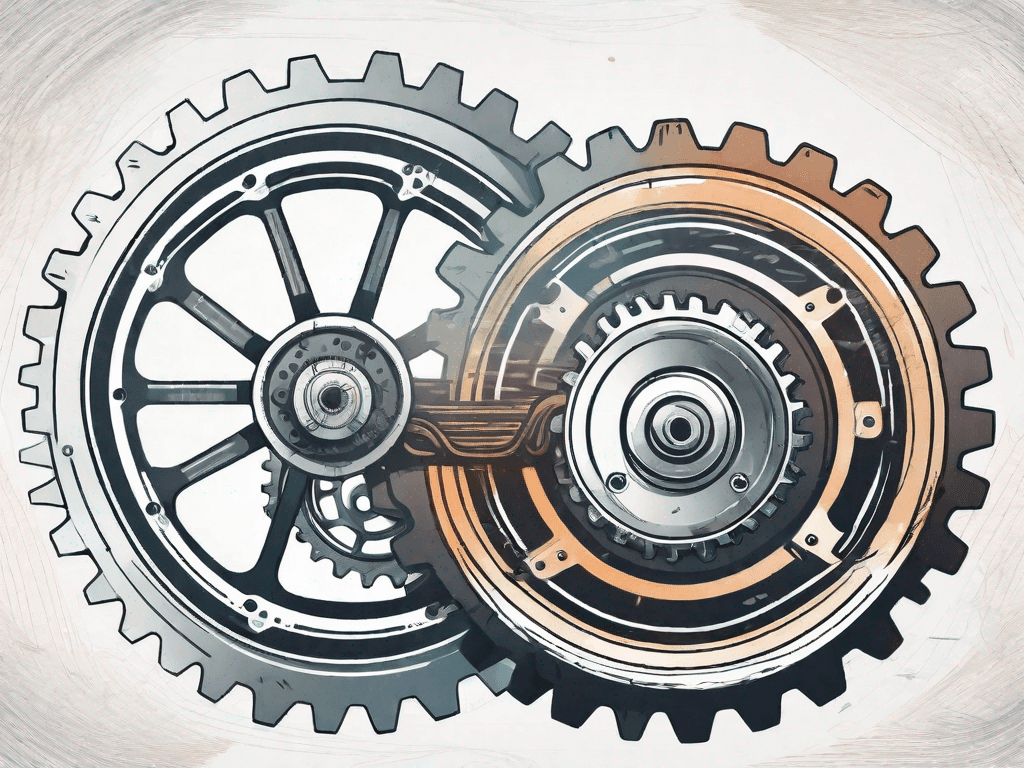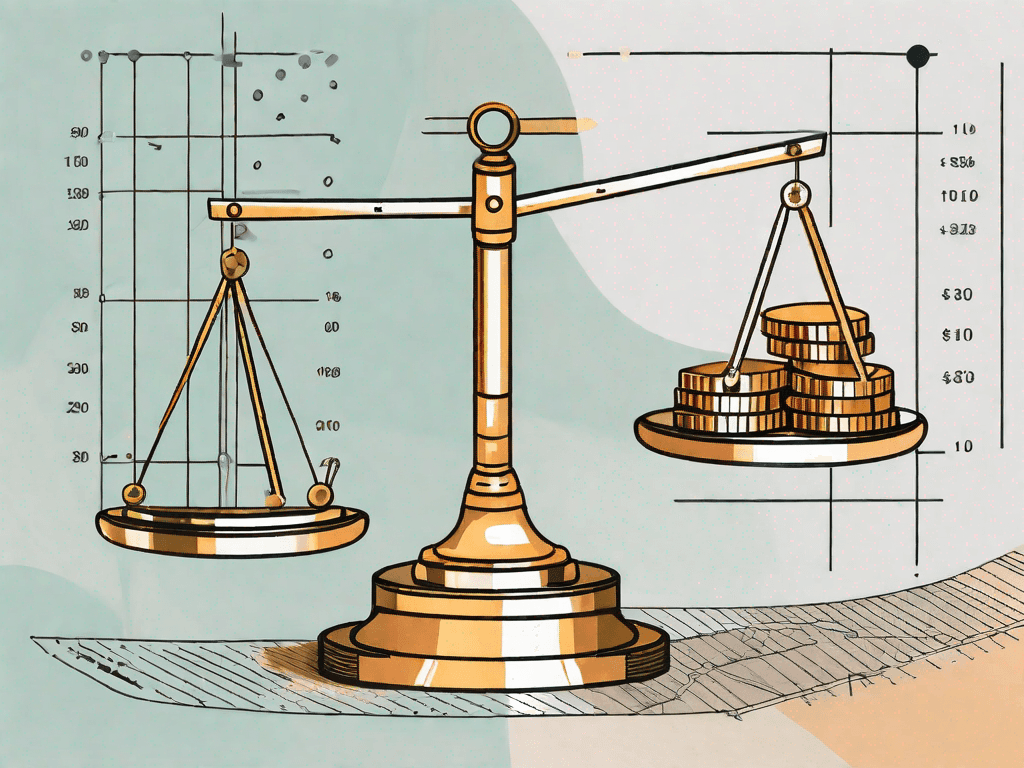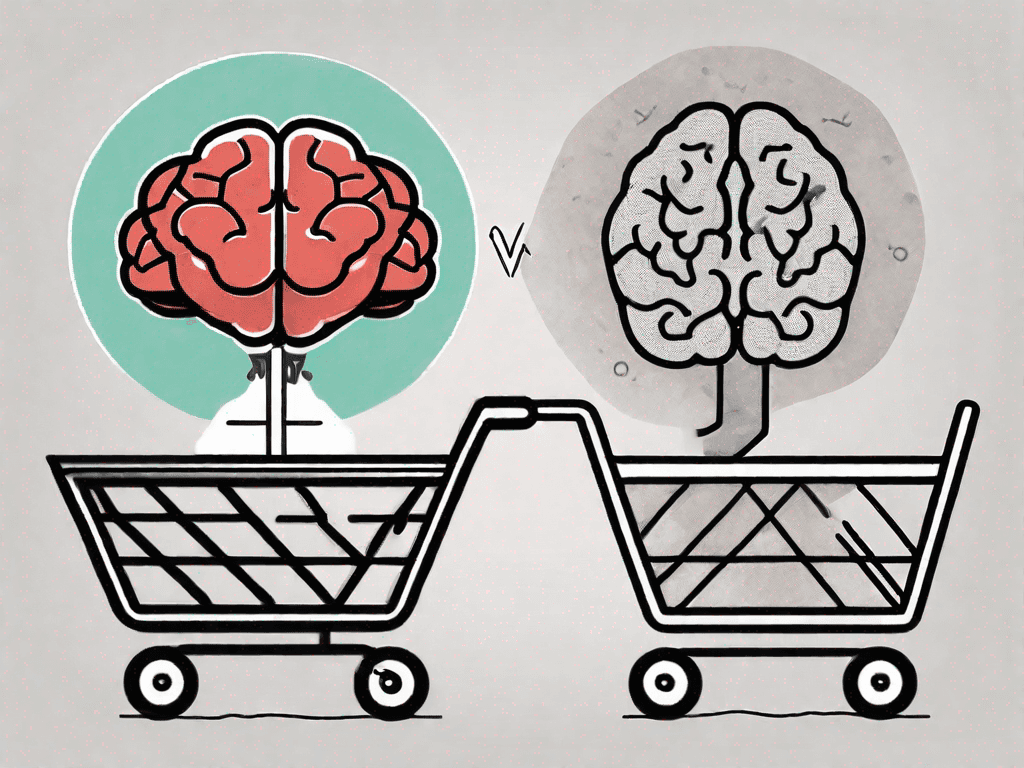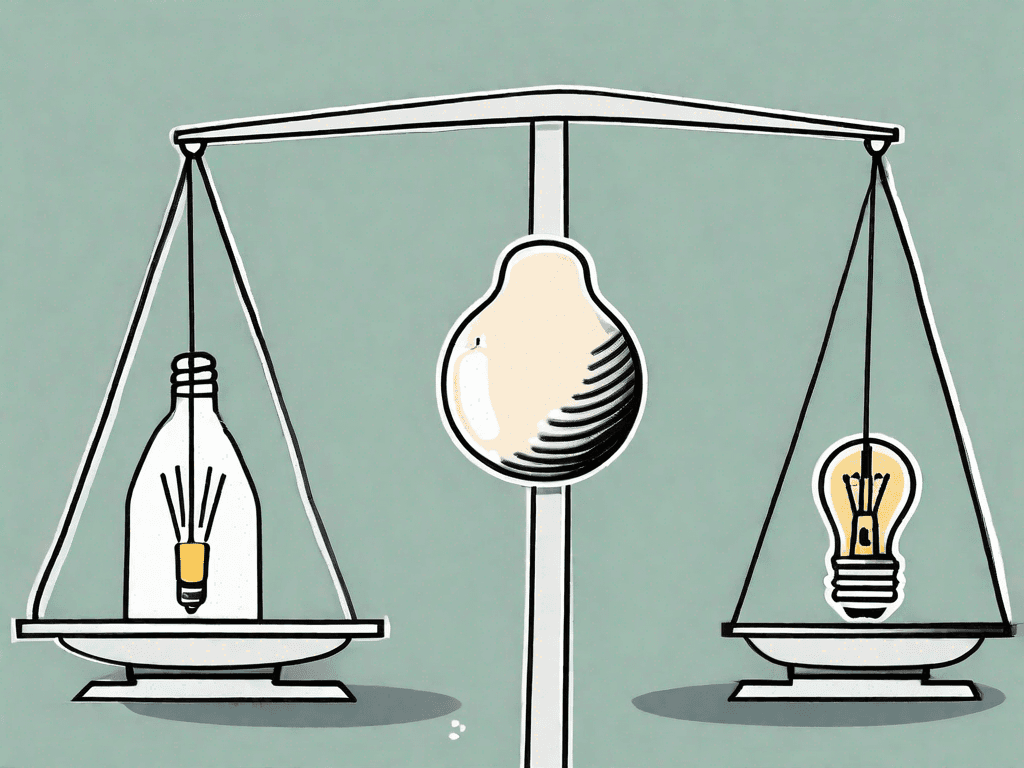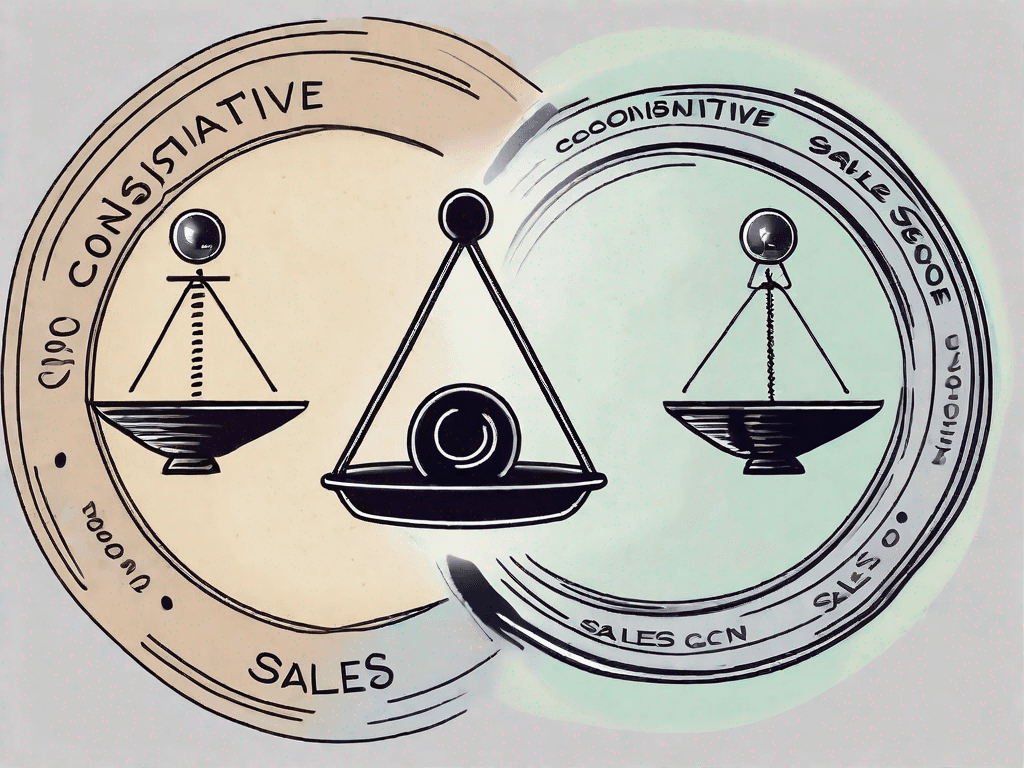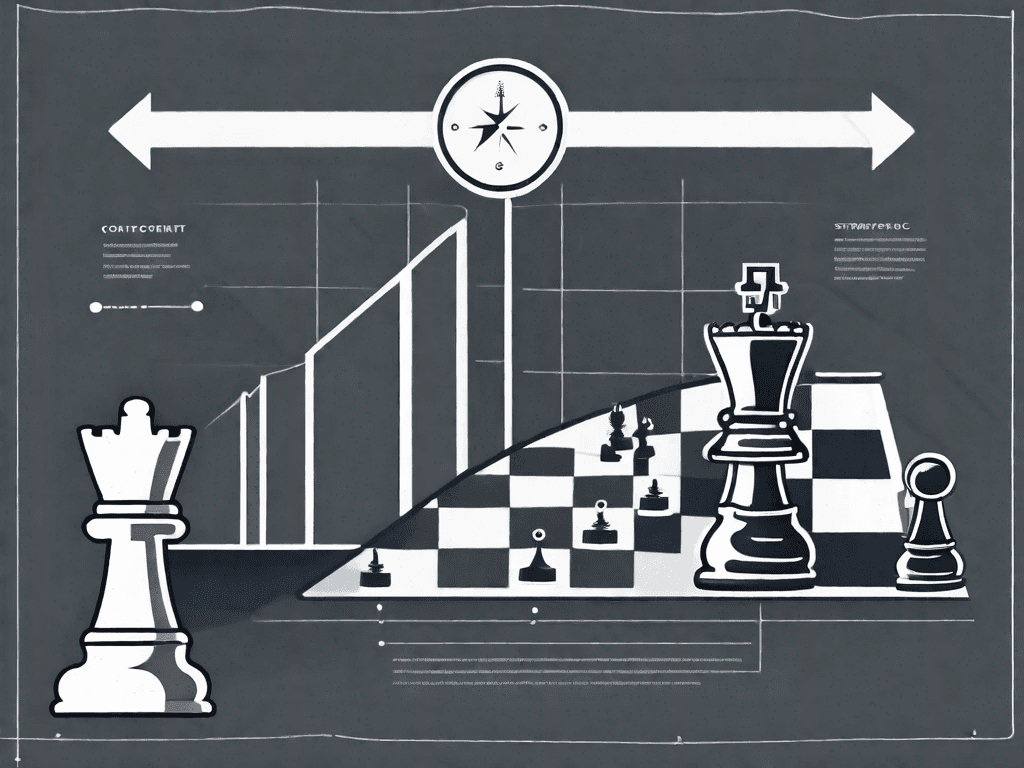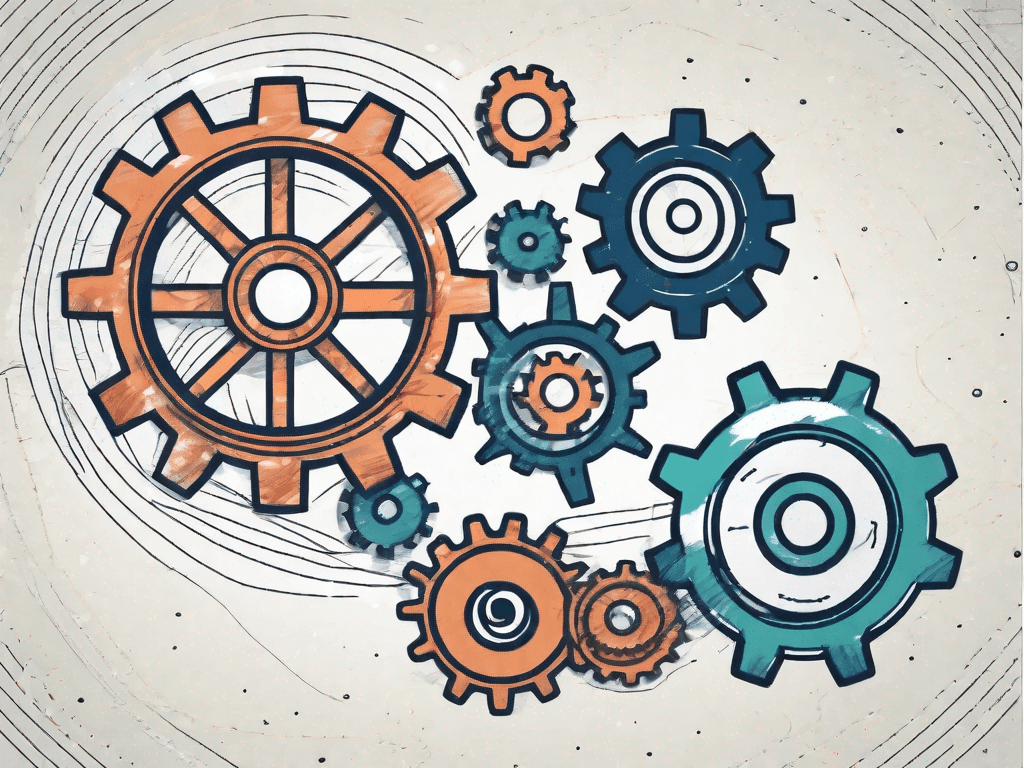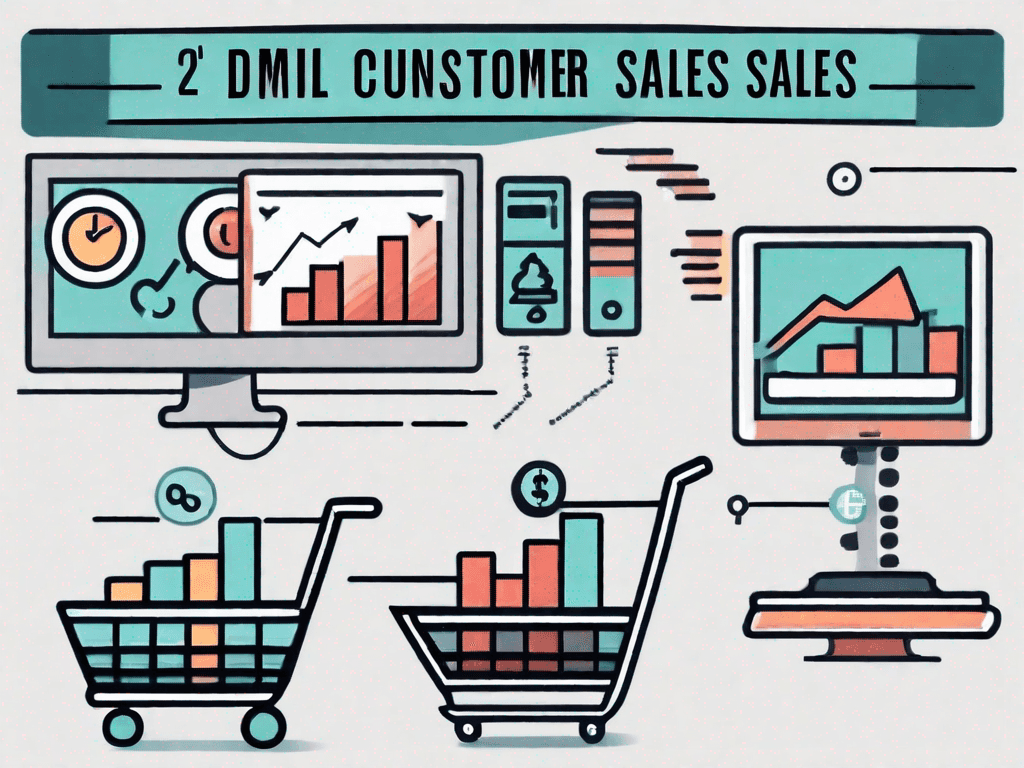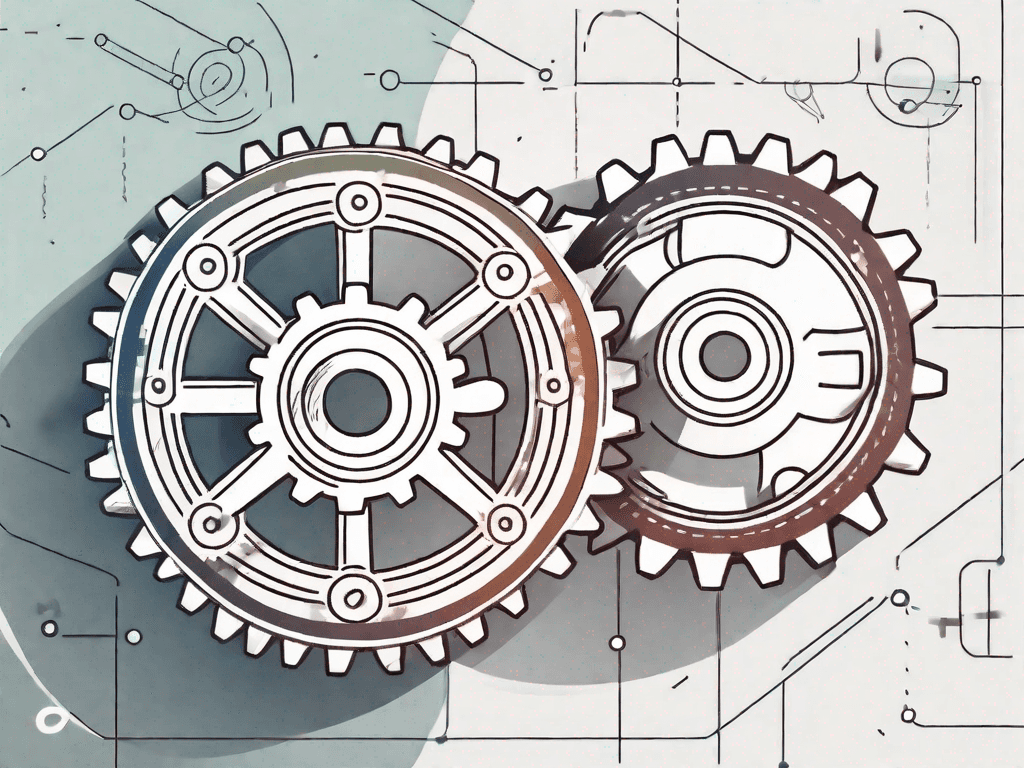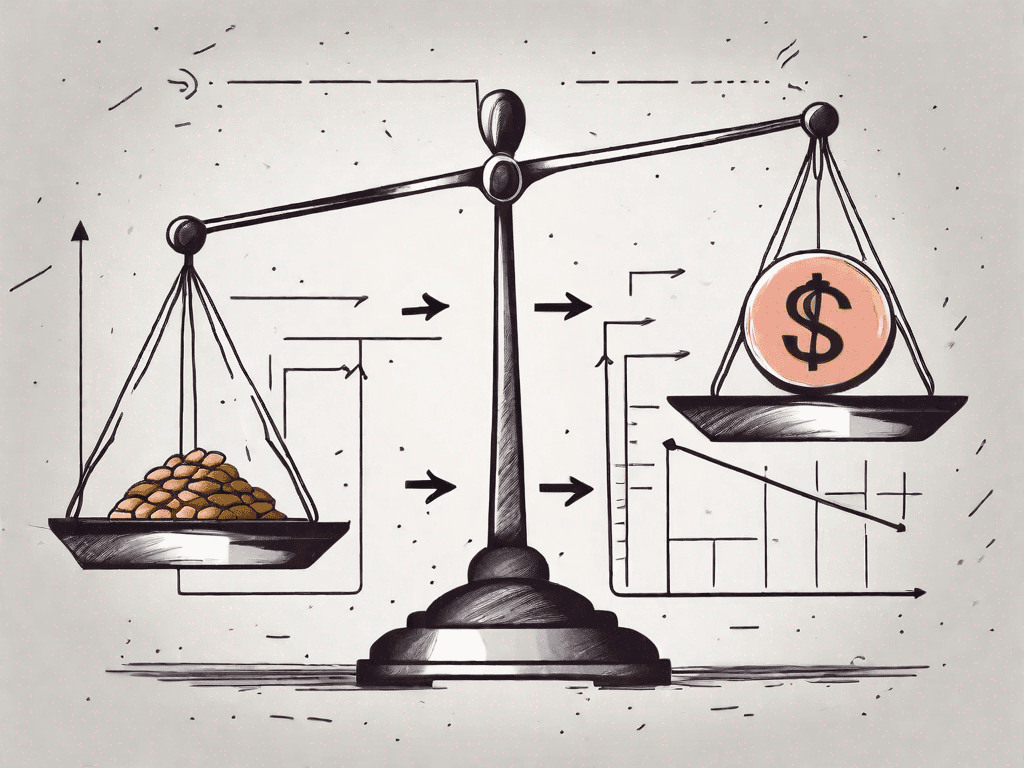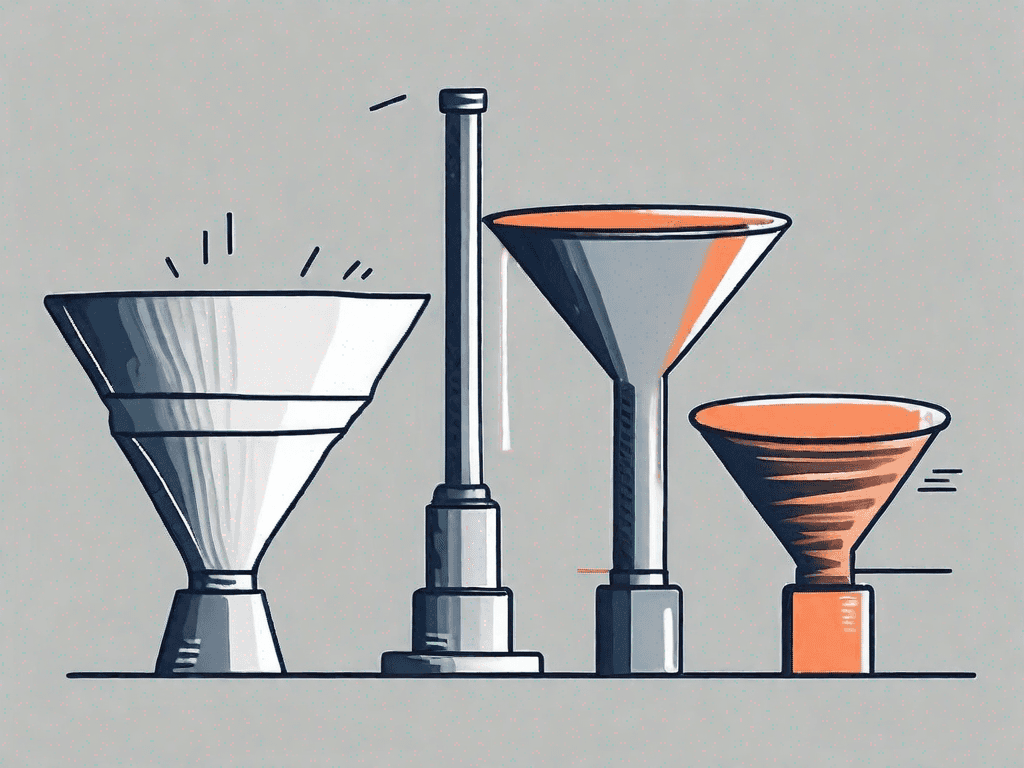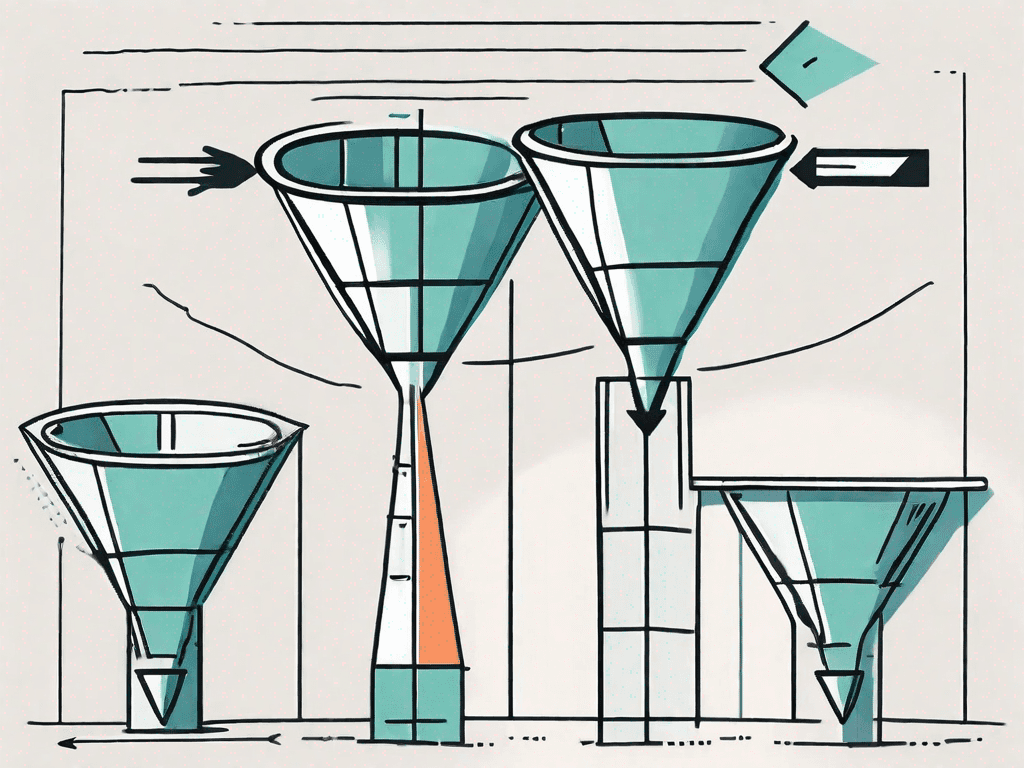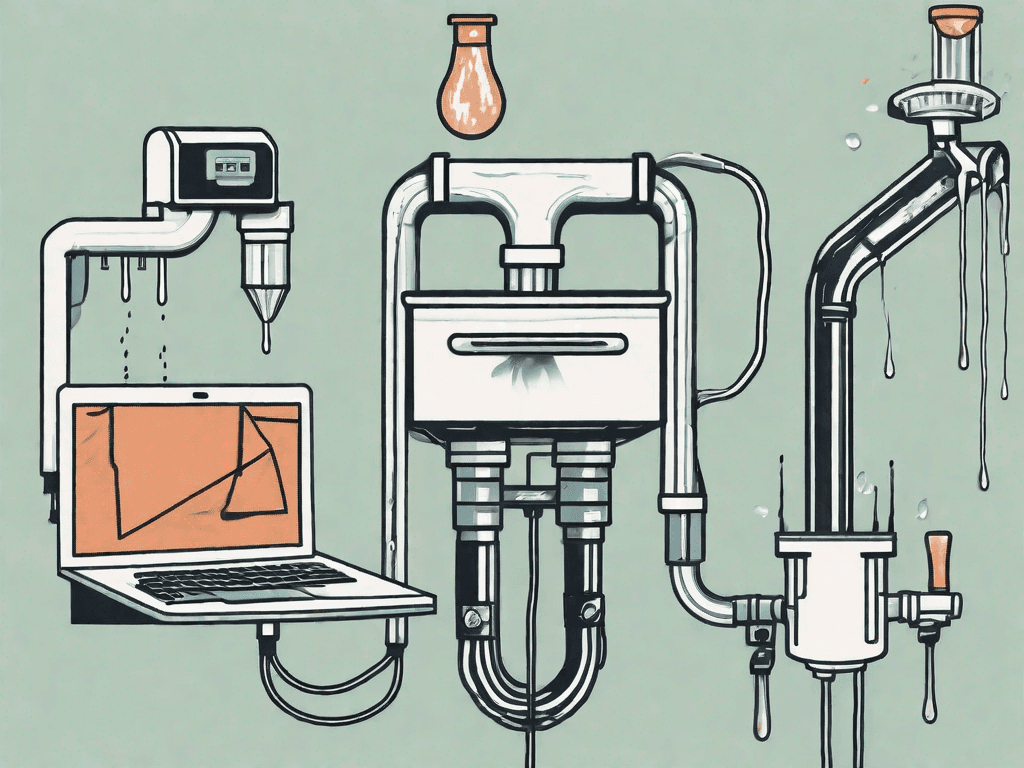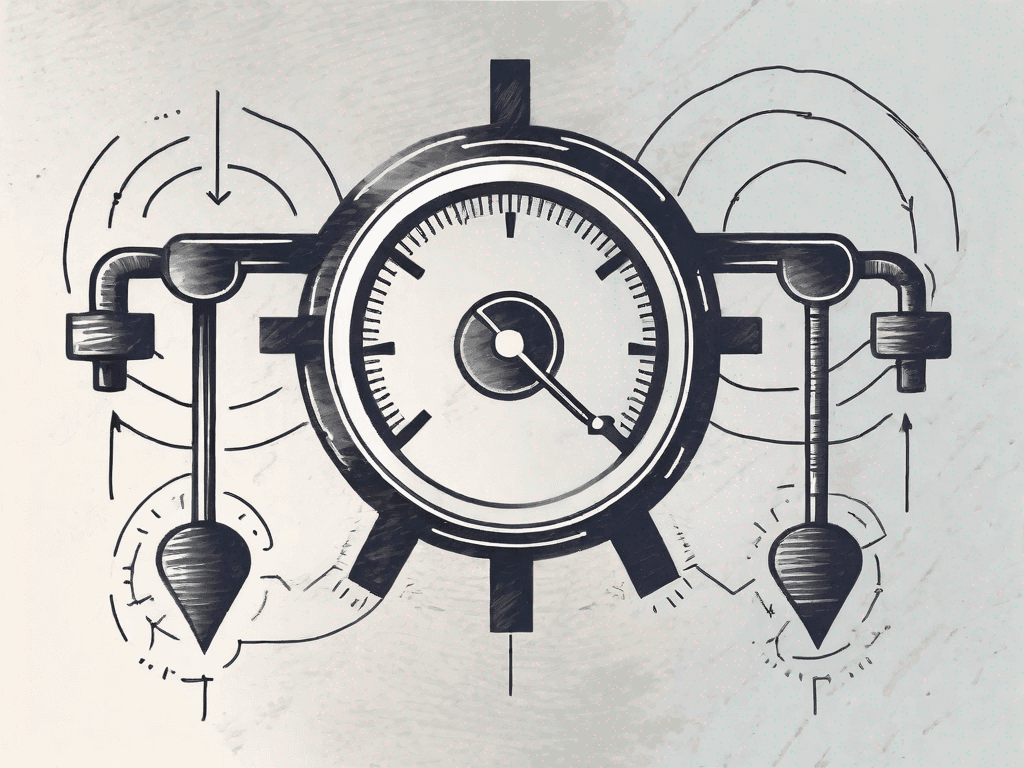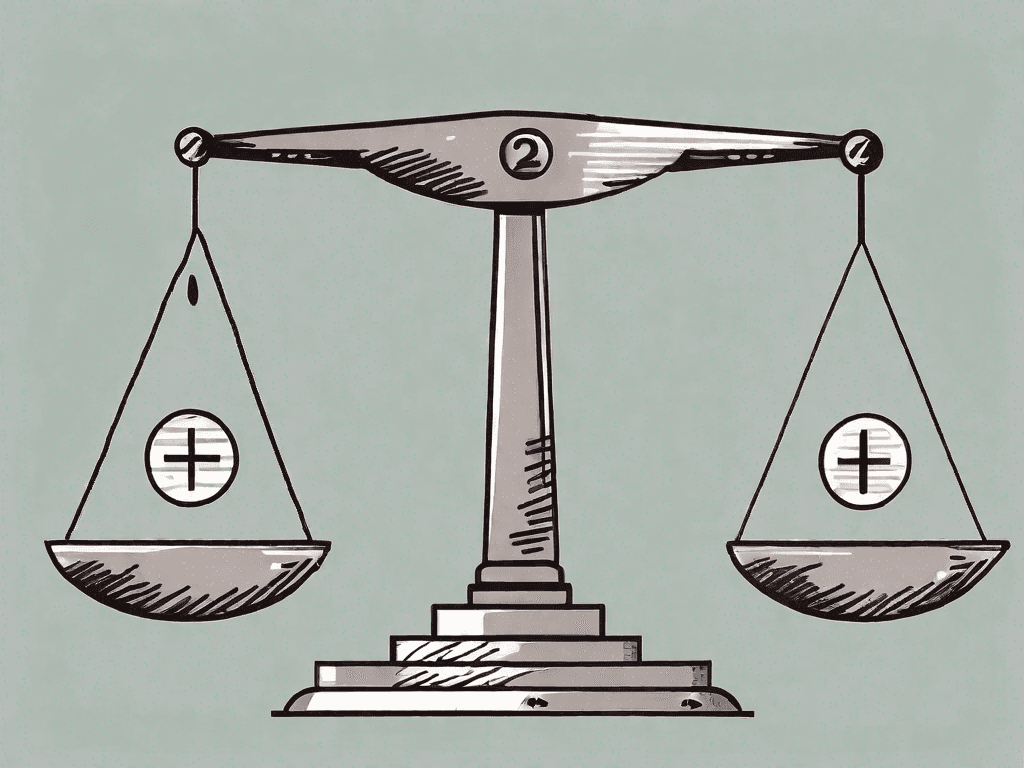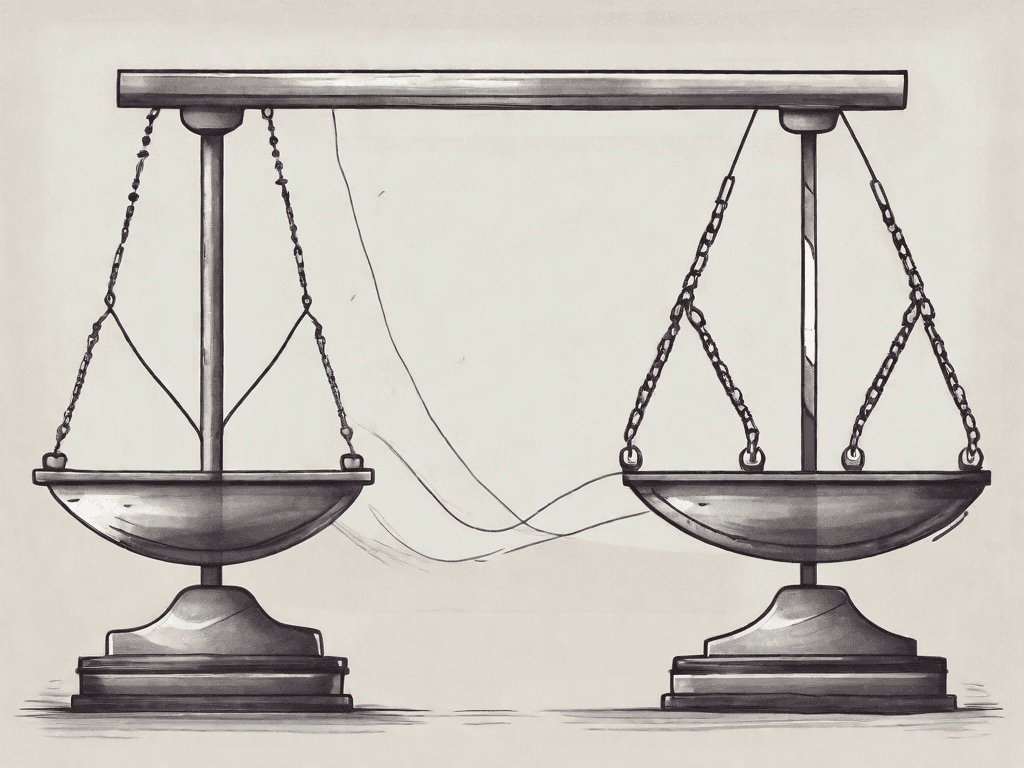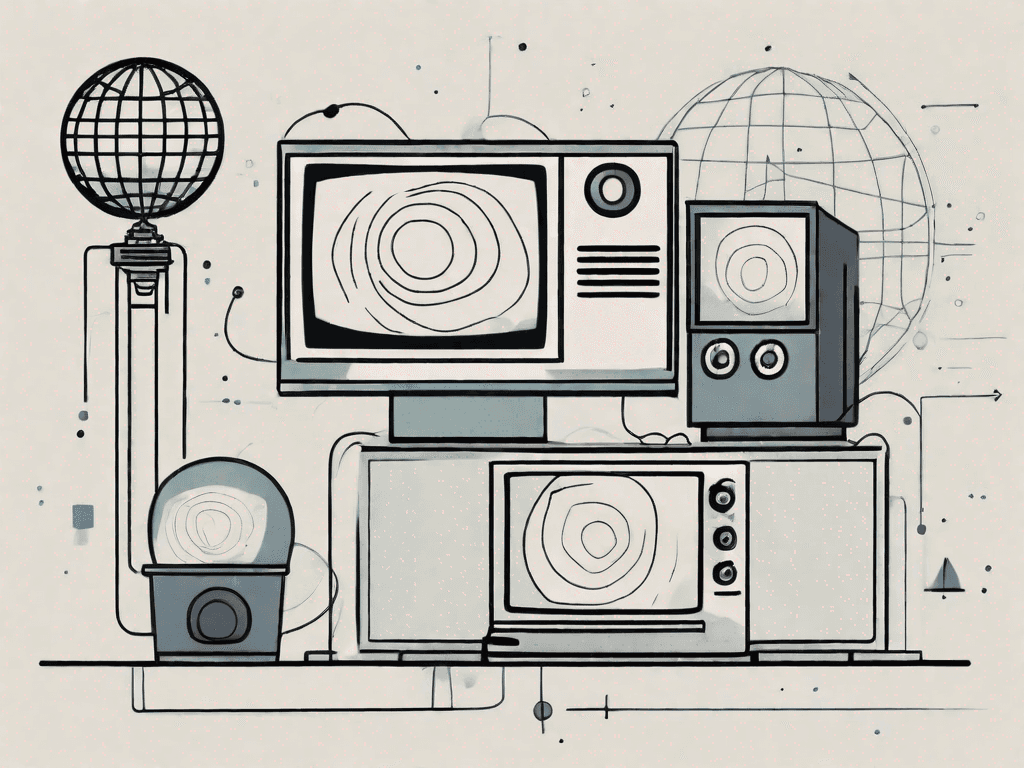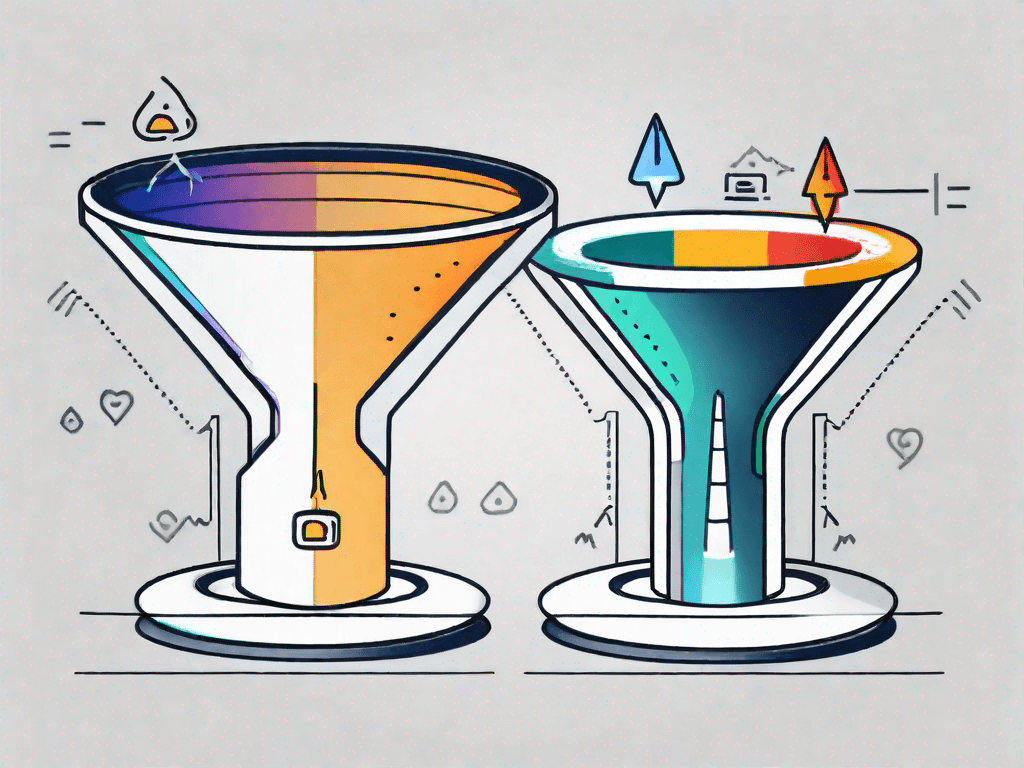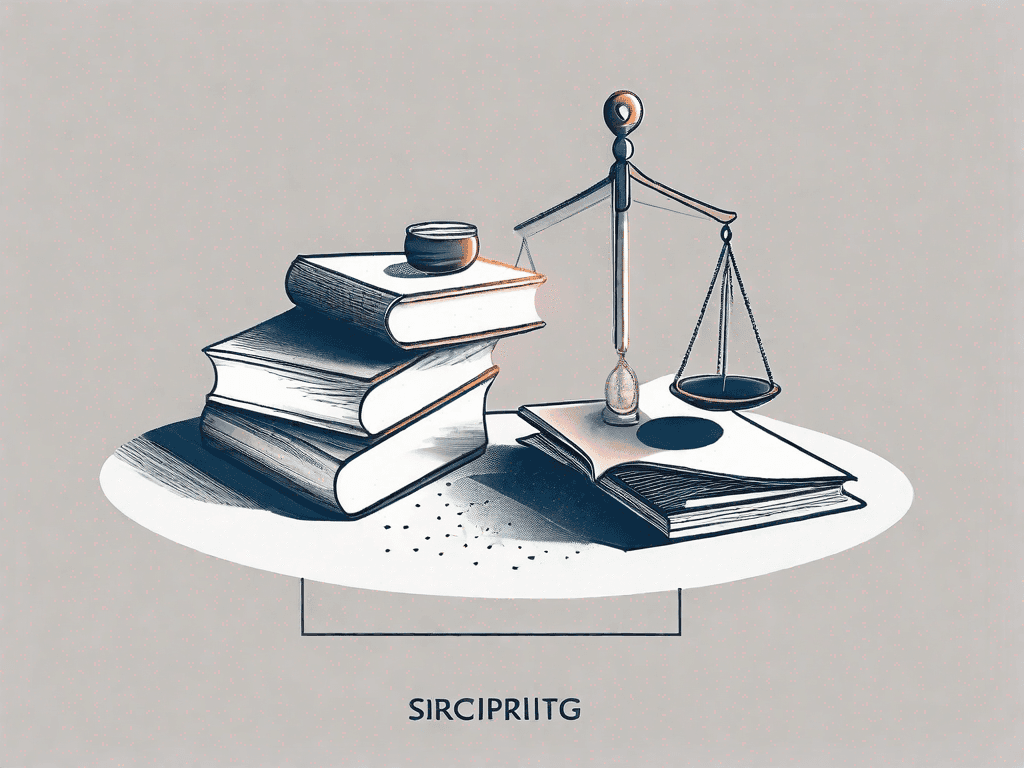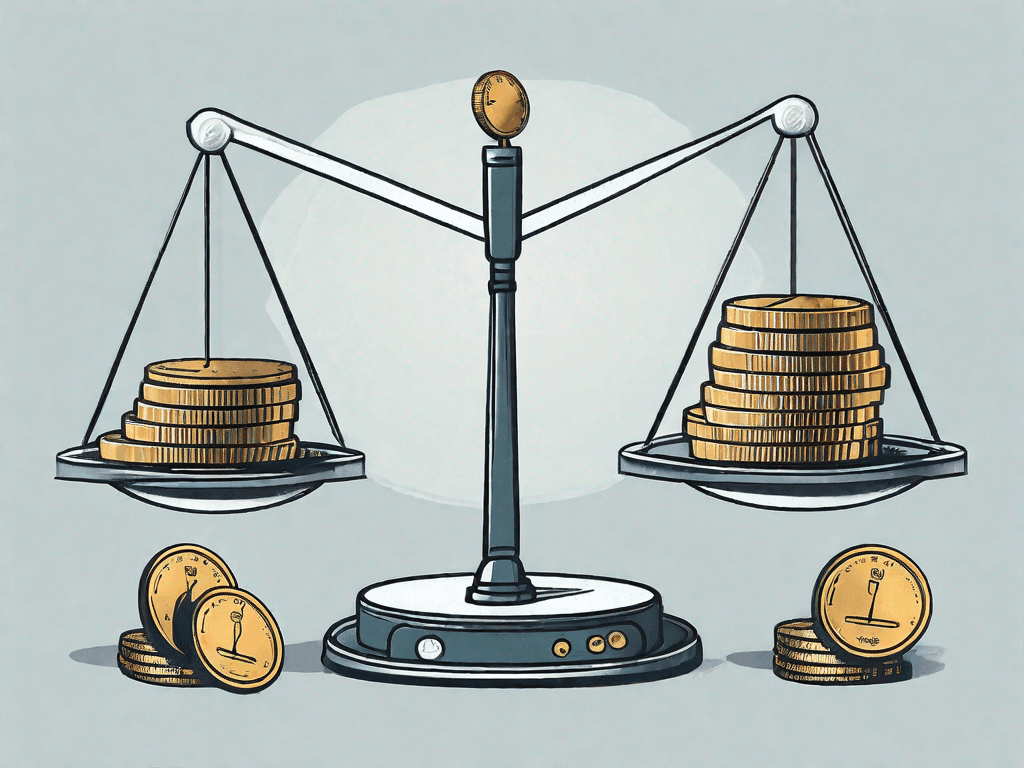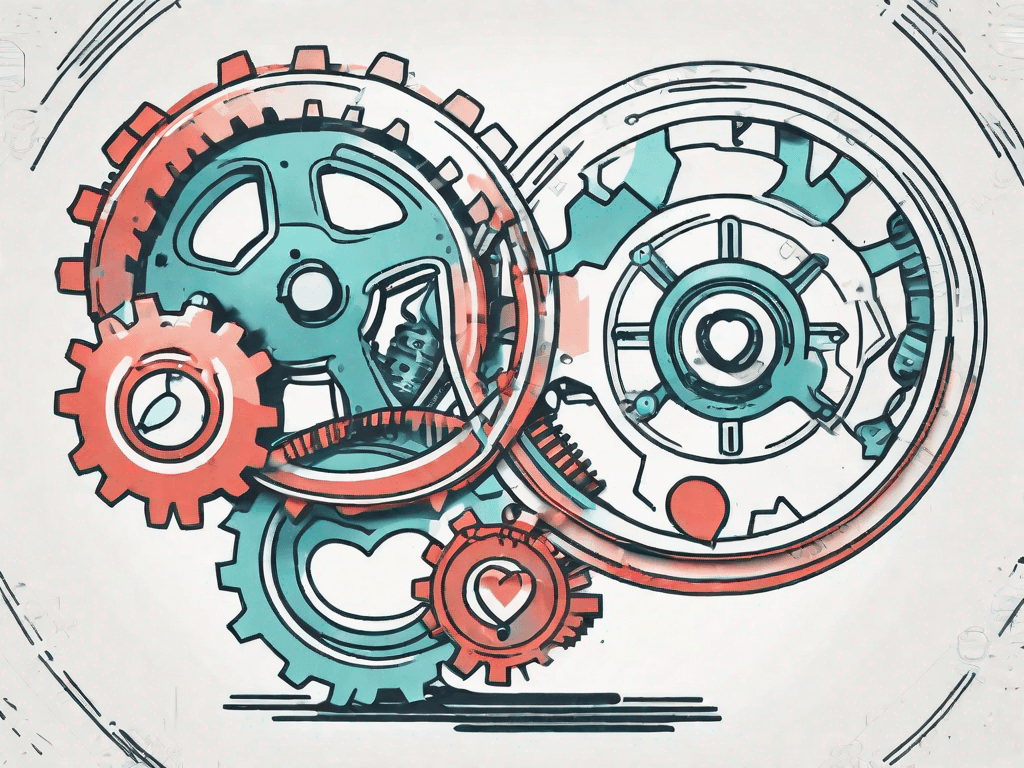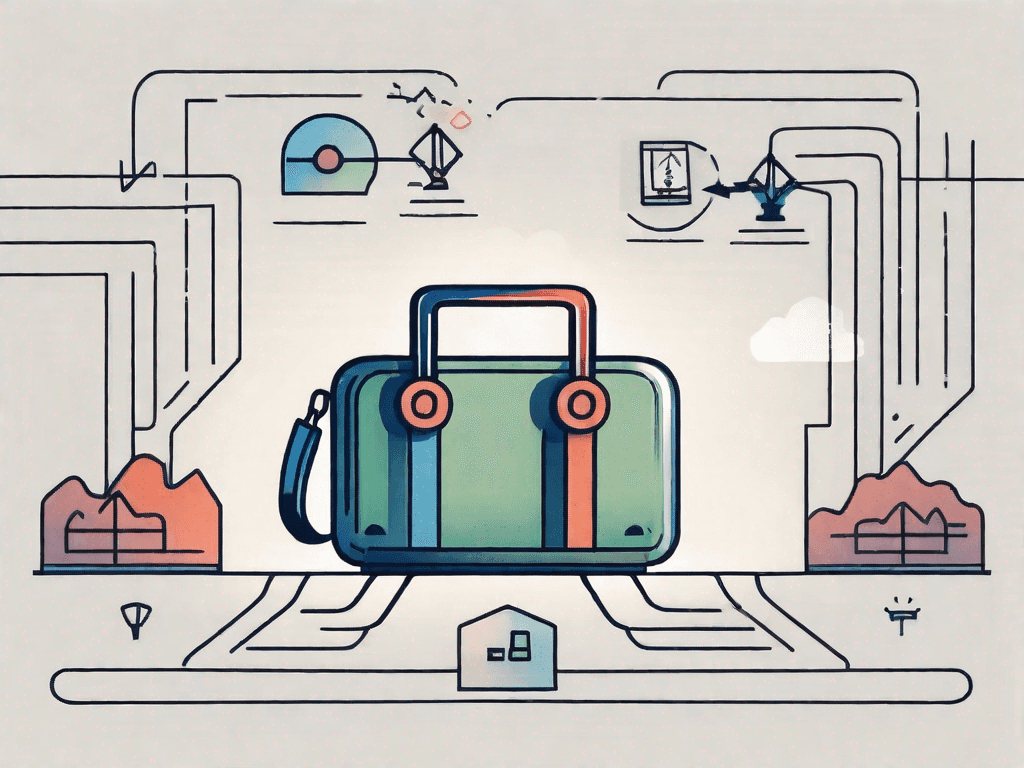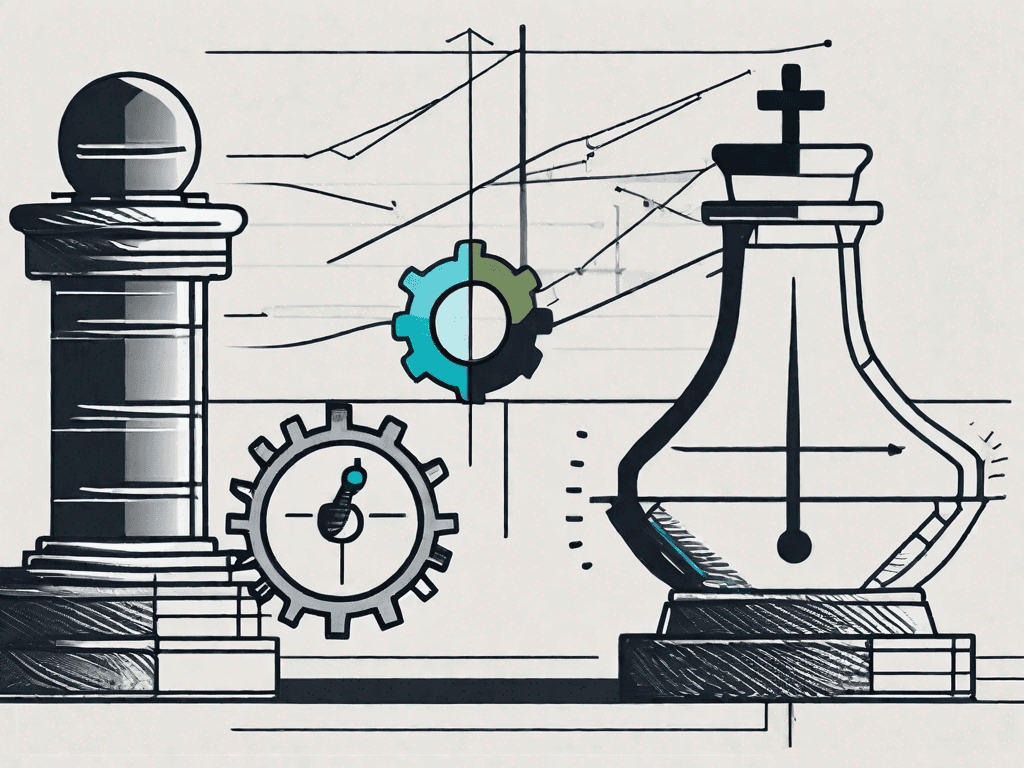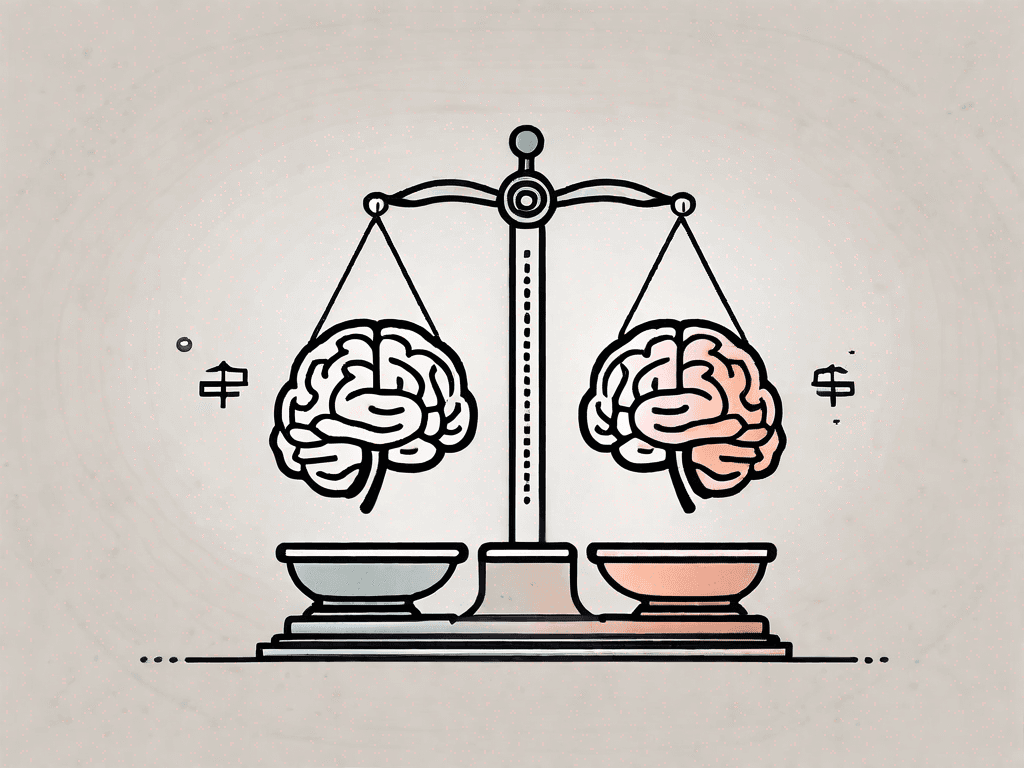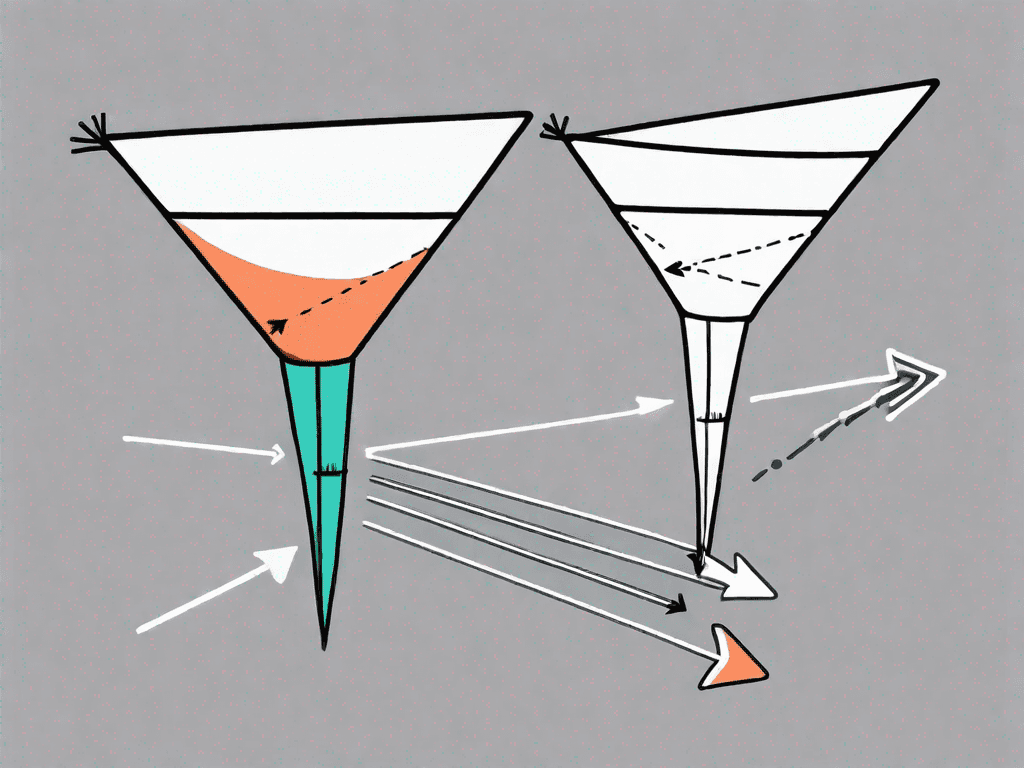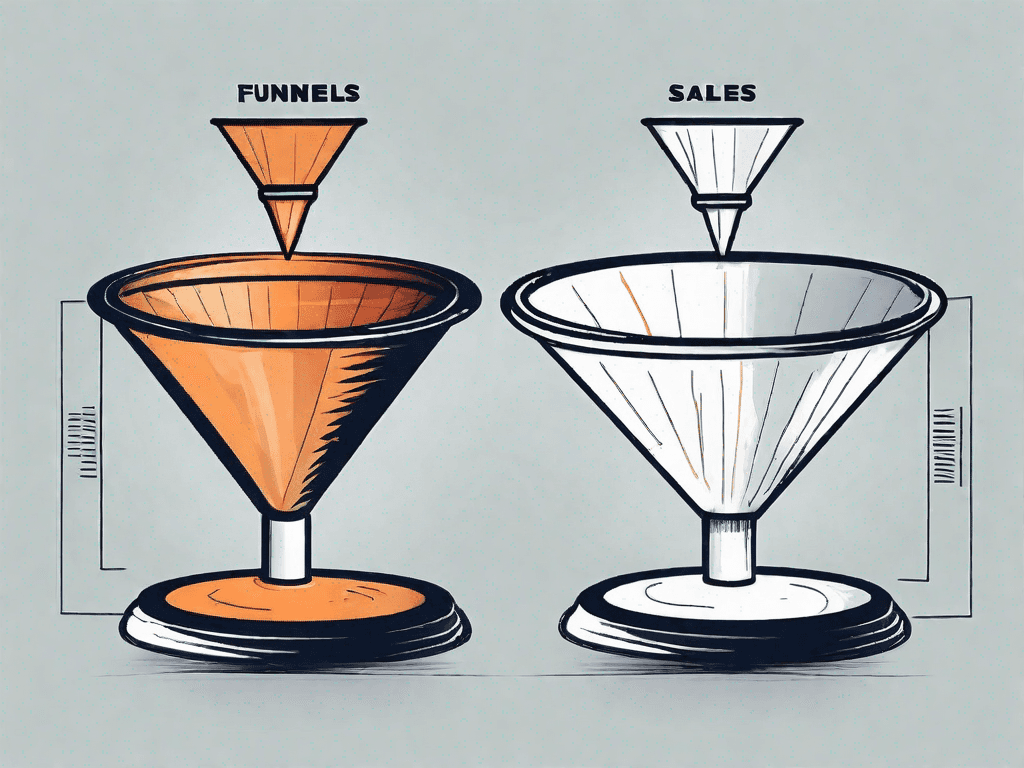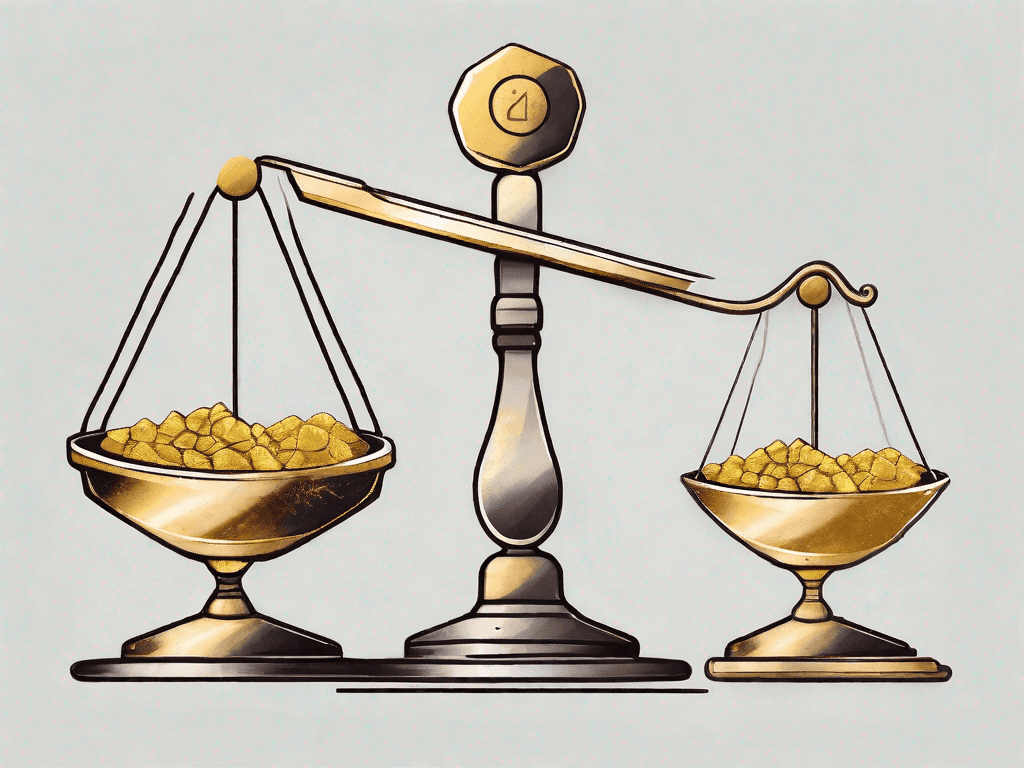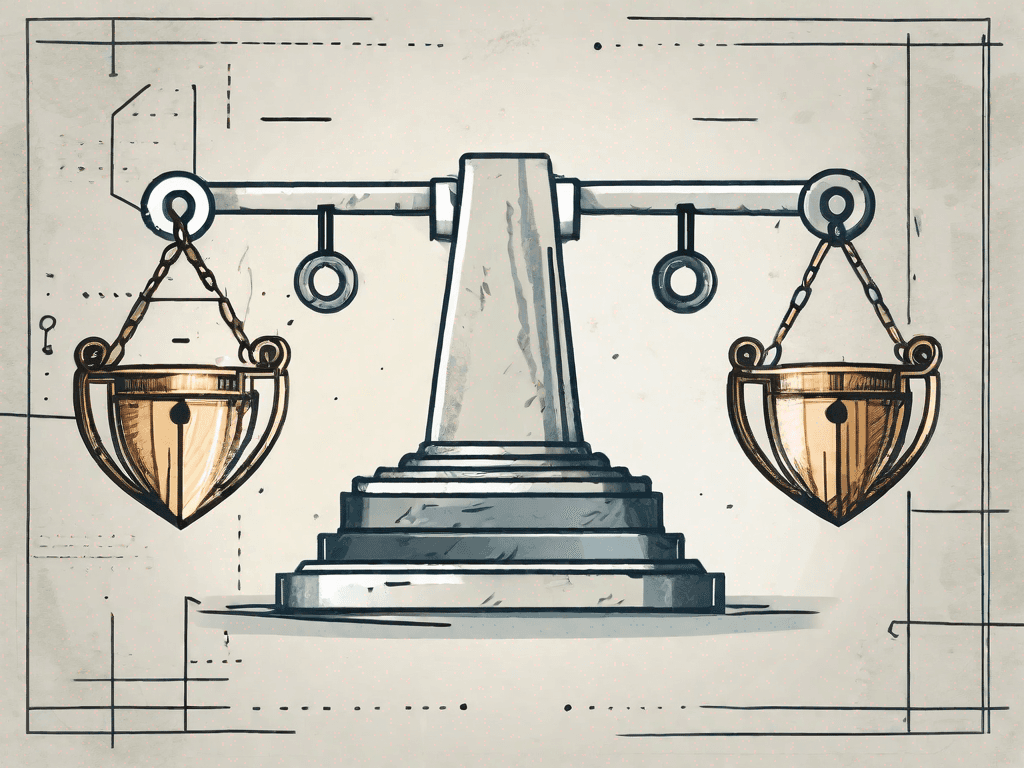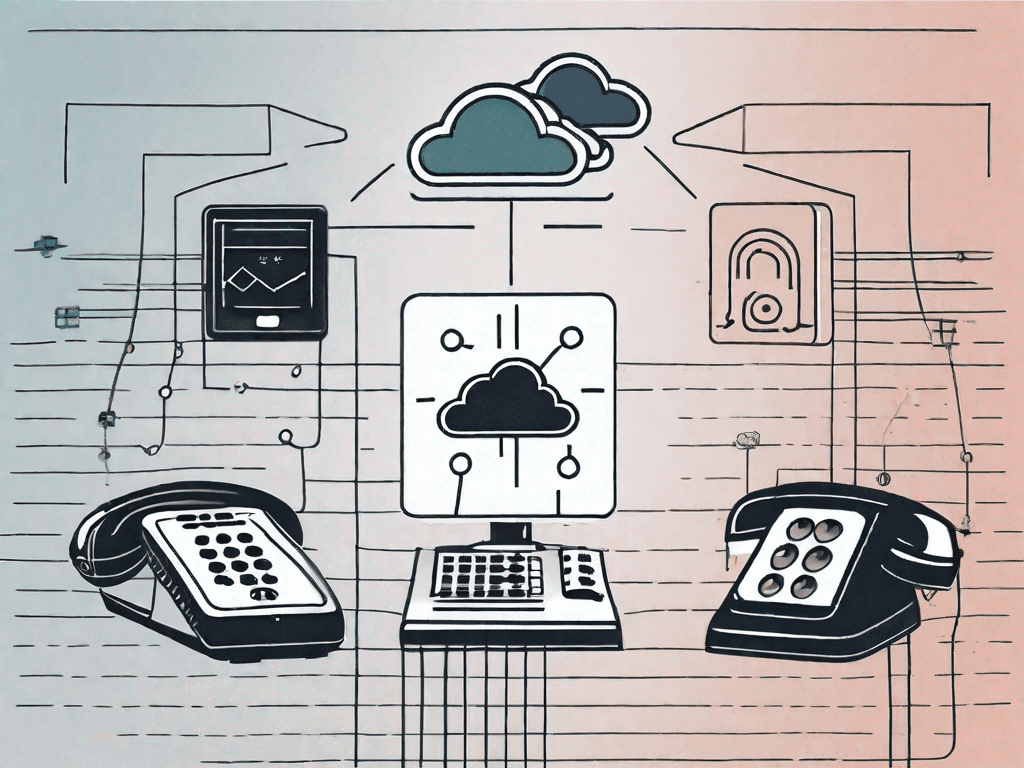
AI in Sales vs. AI-Powered CRM: What's the Difference?
In the world of business and technology, artificial intelligence (AI) has become an increasingly common term. It is being used in various industries and has transformed the way businesses operate. In particular, AI has made a significant impact in the sales sector and in customer relationship management (CRM) systems. However, it is important to understand the distinction between AI in sales and an AI-powered CRM
Defining AI in Sales and AI-Powered CRM
Artificial intelligence (AI) has revolutionized various industries, and sales is no exception. AI in sales refers to the use of AI technologies and techniques to enhance the sales process. It goes beyond traditional methods by incorporating AI-powered tools and algorithms into sales operations, automating tasks, analyzing data, and providing valuable insights to sales teams.
AI in sales focuses on improving the efficiency and effectiveness of the sales process. By leveraging AI, sales teams can optimize their strategies, identify potential leads, and close deals more effectively. AI-powered tools can automate repetitive tasks, such as data entry and follow-up emails, allowing sales professionals to focus on building relationships with clients and closing deals.
1.1 What is AI in Sales?
AI in sales is a game-changer for businesses. It enables sales teams to leverage advanced technologies to gain a competitive edge in the market. With AI, sales professionals can analyze vast amounts of customer data, identify patterns, and make data-driven decisions. This allows them to personalize their approach, tailor their sales pitches, and anticipate customer needs.
Furthermore, AI in sales can provide valuable insights into customer behavior, preferences, and buying patterns. By understanding these insights, sales teams can develop targeted marketing campaigns, offer personalized recommendations, and improve customer satisfaction. AI-powered chatbots can also provide instant support to customers, answering their queries and guiding them through the sales process.
1.2 What is an AI-Powered CRM?
An AI-powered Customer Relationship Management (CRM) system takes customer data management to the next level. It integrates AI capabilities to help businesses manage and analyze customer data more effectively. By leveraging AI algorithms, an AI-powered CRM can provide personalized recommendations, predictive analytics, and automate various CRM processes.
With an AI-powered CRM, businesses can gain a deeper understanding of their customers. By analyzing customer data, such as purchase history, browsing behavior, and demographic information, AI algorithms can identify patterns and trends. This allows businesses to segment their customer base and target specific groups with personalized marketing campaigns.
Moreover, an AI-powered CRM can automate routine tasks, such as data entry and lead scoring. This frees up time for sales teams to focus on building relationships with customers and closing deals. The CRM can also provide real-time insights and alerts, notifying sales teams of potential upsell or cross-sell opportunities.
AI-powered chatbots integrated into the CRM can enhance customer service by providing instant support and resolving queries. These chatbots can understand natural language, learn from customer interactions, and provide personalized recommendations based on previous interactions.
In conclusion, AI in sales and AI-powered CRMs have transformed the way businesses approach sales and customer relationship management. By leveraging AI technologies, businesses can streamline their sales processes, gain valuable insights, and provide personalized experiences to their customers. The future of sales is undoubtedly intertwined with the power of AI.
What's the difference between AI in Sales and an AI-Powered CRM?
While both AI in sales and AI-powered CRM utilize artificial intelligence technologies, they serve different purposes within the realm of sales and customer relationship management. AI in sales focuses on optimizing the sales process itself, whereas an AI-powered CRM focuses on improving customer interactions and relationship management.
AI in sales typically involves automating repetitive tasks, such as lead generation, email outreach, and data analysis. It helps sales teams prioritize leads, identify patterns, and make data-driven decisions to drive revenue growth. By leveraging AI algorithms, sales teams can analyze large amounts of data to identify potential customers, understand their preferences, and tailor their sales approach accordingly.
For example, AI in sales can help sales representatives identify the most promising leads by analyzing historical data and customer behavior. By understanding the characteristics of successful conversions, AI algorithms can predict which leads are most likely to convert into paying customers. This enables sales teams to focus their efforts on the leads with the highest probability of closing, increasing their efficiency and effectiveness.
In addition to lead generation, AI in sales can also automate email outreach. By using natural language processing algorithms, AI can analyze the content of emails and suggest personalized responses. This not only saves time for sales representatives but also ensures that each email is tailored to the recipient's specific needs and preferences.
Furthermore, AI in sales can assist with data analysis. By analyzing large datasets, AI algorithms can identify patterns and trends that may not be immediately apparent to human analysts. This can help sales teams uncover hidden insights and make data-driven decisions. For example, AI algorithms can identify correlations between certain customer behaviors and purchasing patterns, enabling sales teams to target their marketing efforts more effectively.
On the other hand, an AI-powered CRM extends beyond just sales and encompasses the entire customer lifecycle. It uses AI to provide valuable insights and recommendations to enhance customer interactions and improve overall customer satisfaction. By analyzing customer data, AI-powered CRMs can provide personalized recommendations, anticipate customer needs, and deliver a more personalized experience.
For instance, an AI-powered CRM can analyze customer interactions across various touchpoints, such as emails, phone calls, and social media, to gain a holistic view of each customer. By understanding the customer's preferences, interests, and previous interactions, the CRM can provide sales representatives with real-time recommendations on how to best engage with the customer. This can include personalized product recommendations, tailored offers, and suggested communication channels.
Moreover, an AI-powered CRM can help automate customer service processes. By using natural language processing algorithms, the CRM can analyze customer inquiries and provide automated responses or route the inquiry to the most appropriate representative. This not only improves response times but also ensures consistent and accurate information is provided to customers.
In summary, while both AI in sales and AI-powered CRM utilize artificial intelligence technologies, they have distinct focuses and objectives. AI in sales optimizes the sales process by automating tasks, analyzing data, and making data-driven decisions. On the other hand, an AI-powered CRM enhances customer interactions and relationship management by providing personalized recommendations and automating customer service processes. Together, these technologies can revolutionize sales and customer relationship management, enabling businesses to deliver a more personalized and efficient experience to their customers.
Examples of the Difference between AI in Sales and an AI-Powered CRM
2.1 Example in a Startup Context
In a startup context, AI in sales could involve using AI algorithms to analyze customer behavior and identify potential leads. It can help automate outreach campaigns and personalize sales pitches based on individual preferences. On the other hand, an AI-powered CRM can track customer interactions across multiple touchpoints, analyze sentiment analysis, and proactively suggest personalized offers or post-sales support to nurture customer relationships.
2.2 Example in a Consulting Context
Within the consulting industry, AI in sales could be used to automate data analysis and generate insights for clients. It can help identify trends, patterns, and anticipate market changes. An AI-powered CRM, on the other hand, can help consulting firms manage client relationships more effectively. It can provide real-time updates on client needs, automate contract management, and aid consultants in delivering personalized recommendations or proposals based on the client's specific requirements.
2.3 Example in a Digital Marketing Agency Context
For a digital marketing agencies, AI in sales could involve leveraging AI algorithms to optimize advertising campaigns and improve lead conversion rates. It can analyze customer data to identify the most effective marketing channels and target audiences. An AI-powered CRM, on the other hand, can help digital marketing agencies manage client relationships by providing valuable insights on customer preferences, analyzing campaign performance, and automating reporting to demonstrate ROI to clients.
2.4 Example with Analogies
To illustrate the difference between AI in sales and an AI-powered CRM, let's consider an analogy. AI in sales is like having a highly efficient and intelligent sales assistant. This assistant can automate repetitive tasks, provide valuable data insights, and help sales teams prioritize their efforts. On the other hand, an AI-powered CRM is like having a personal relationship manager. This manager not only assists with sales activities but also helps nurture and maintain long-term relationships with customers by analyzing their preferences, anticipating their needs, and providing personalized recommendations.
In conclusion, AI in sales and an AI-powered CRM are distinct concepts within the sales and customer relationship management domain. While AI in sales focuses on optimizing the sales process itself, an AI-powered CRM extends beyond sales and aims to improve customer interactions and relationship management. Both concepts leverage artificial intelligence technologies to enhance business operations and drive success in today's competitive landscape.



